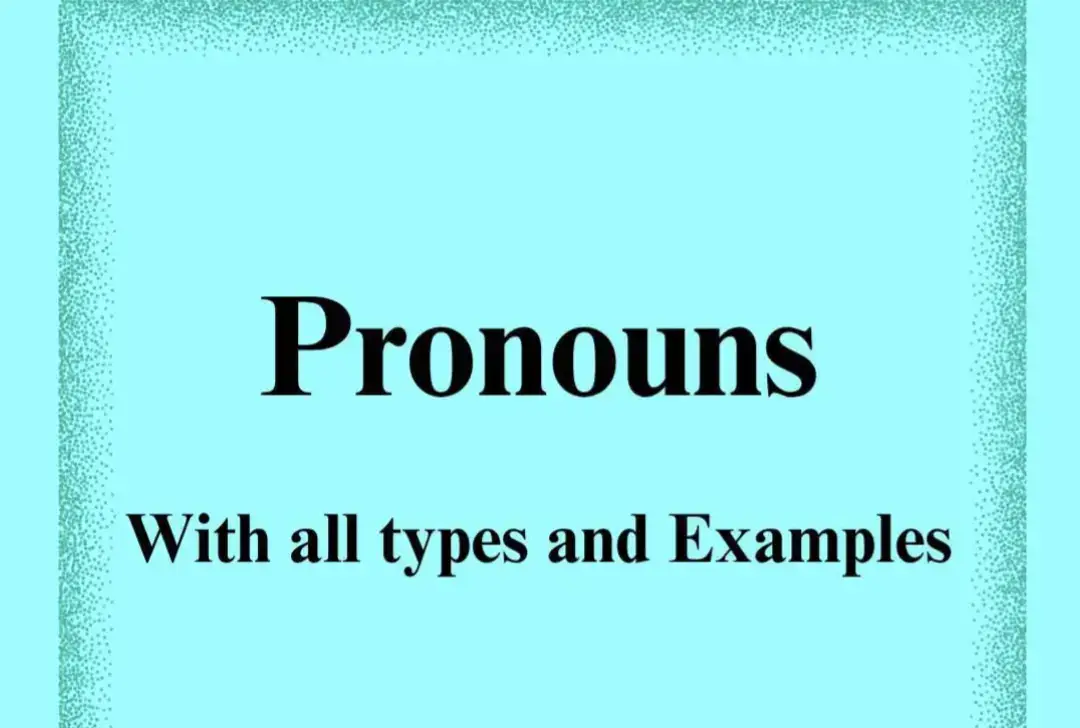Navia Johnson
Region: US
Friday 31 March 2023 05:06:43 GMT
308
44
0
0
Music
Download
Comments
There are no more comments for this video.
To see more videos from user @dwellinginteriors, please go to the Tikwm
homepage.





